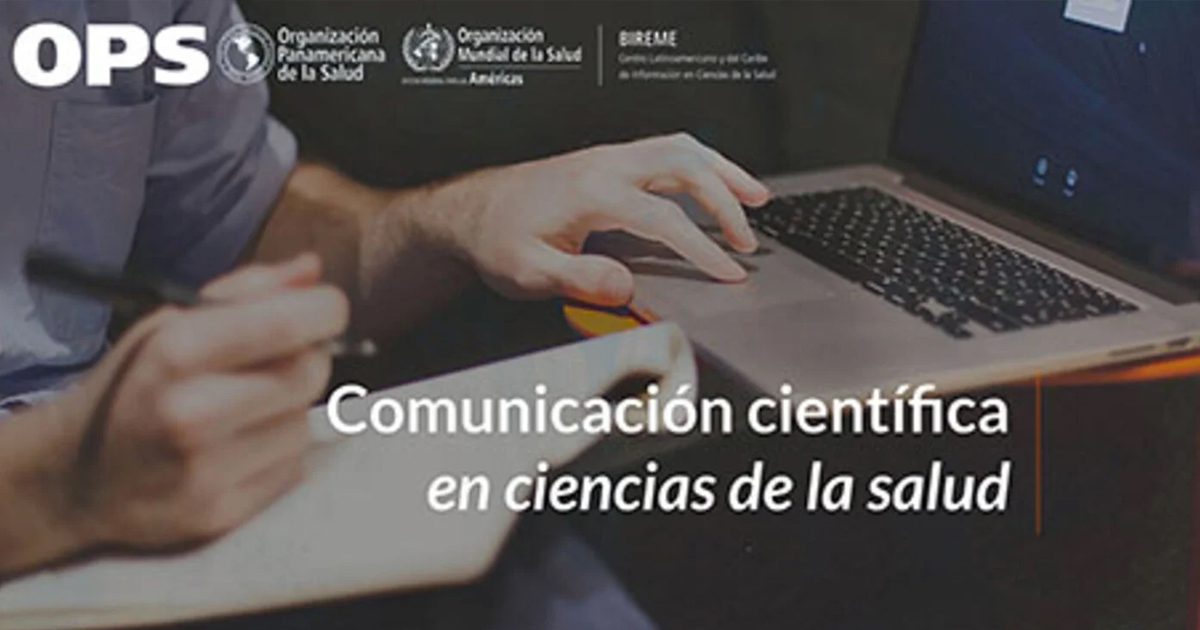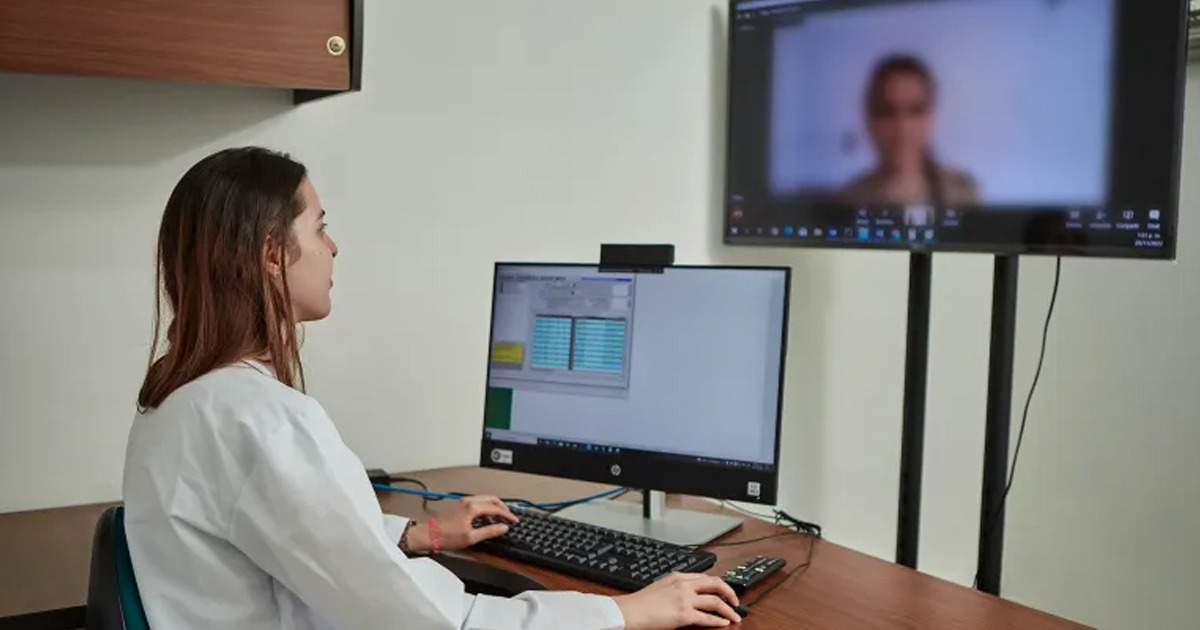The Hospital Clínic of Barcelona and the Barcelona Supercomputer Center (BSC) will develop an algorithm based on Artificial Intelligence (AI), which will have an information base of more than 3 thousand clinical reports to predict the evolution of COVID-19 in patients.
The model aims to support physicians in predicting the evolution of COVID-19 in patients and thus perform better resource management within the hospital and make decisions based on data. This innovation is part of the Language Technology Boost Plan of the Secretary of State for Digitalization and Artificial Intelligence in Spain.
For the development of the algorithm will take as the basis 3 thousand 51 clinical reports of 2 thousand 440 patients of COVID-19 who were cared for at Hospital Clínic during the first wave of contagions in Spain. Through these reports, they will seek to train the AI model through deep learning neural networks, which will find similar patterns in the evolution of the disease in new patients, and will also generate predictions of what its evolution will look like.

The essential feature for such models to work and in this case can be applied in more hospitals, is that they must be trained with large amounts of data, which only large hospitals can access.
The head of Medical Informatics at Hospital Clínic, Xavier Pastor explained that the pandemic has promoted the possibility of collaboration between institutions for health research, which also supports the decision-making of health professionals. “All procedures have been extremed to preserve the confidentiality of health data through technological, organizational, legal solutions and subjecting the project to the consideration of the Ethics Committee, which has delivered its favorable opinion.”
In addition, he stressed the importance of digital medical history for the development of the information base: "With this collaboration we will be able to obtain added value to the great effort of the health professionals who have used, without interruption, the computerized medical history as a real-time documentary record of the situation of each patient, the actions that have been carried out and the results obtained".
Furthermore, Alfonso Valencia director of the Life Sciences department of the BSC highlighted the importance of clinical reports for future collaborations with more hospitals: “Clinical reports of COVID-19 cases contain essential information to analyze disease evolution, response to treatment and previous conditions of patients that may have been risk factors. The ultimate goal of collaboration is to provide health systems, and in particular the hospitals with which we collaborate, with computer systems that can contribute to improving the treatment of patients from both this and future epidemics.”






